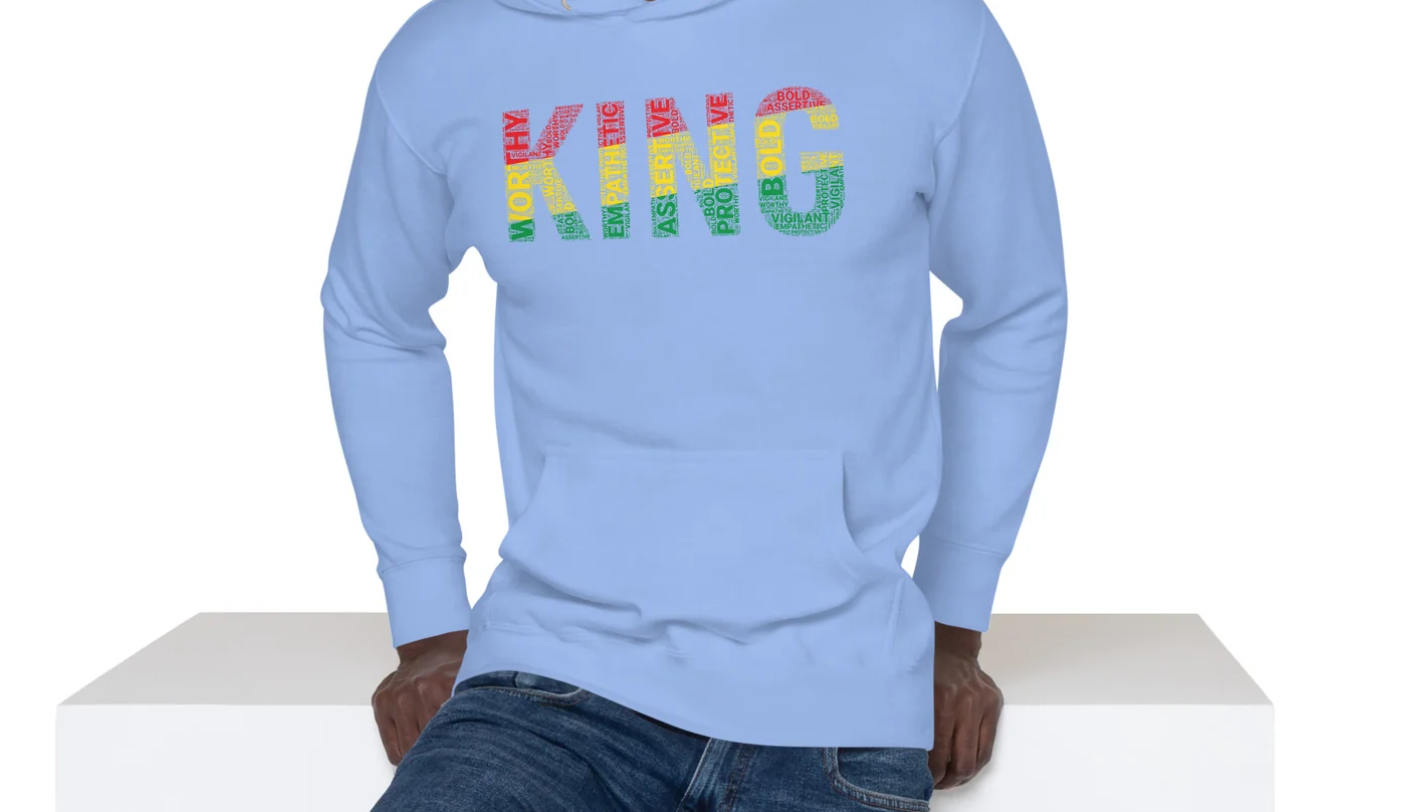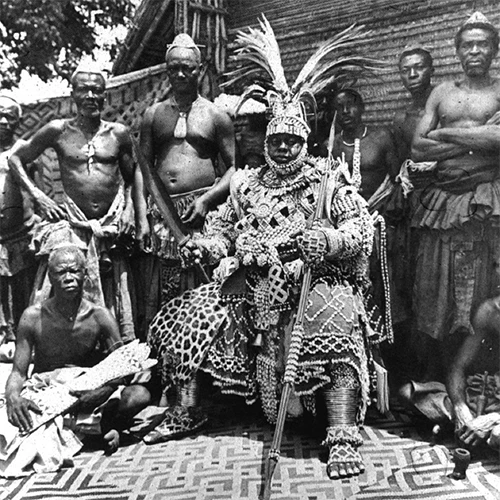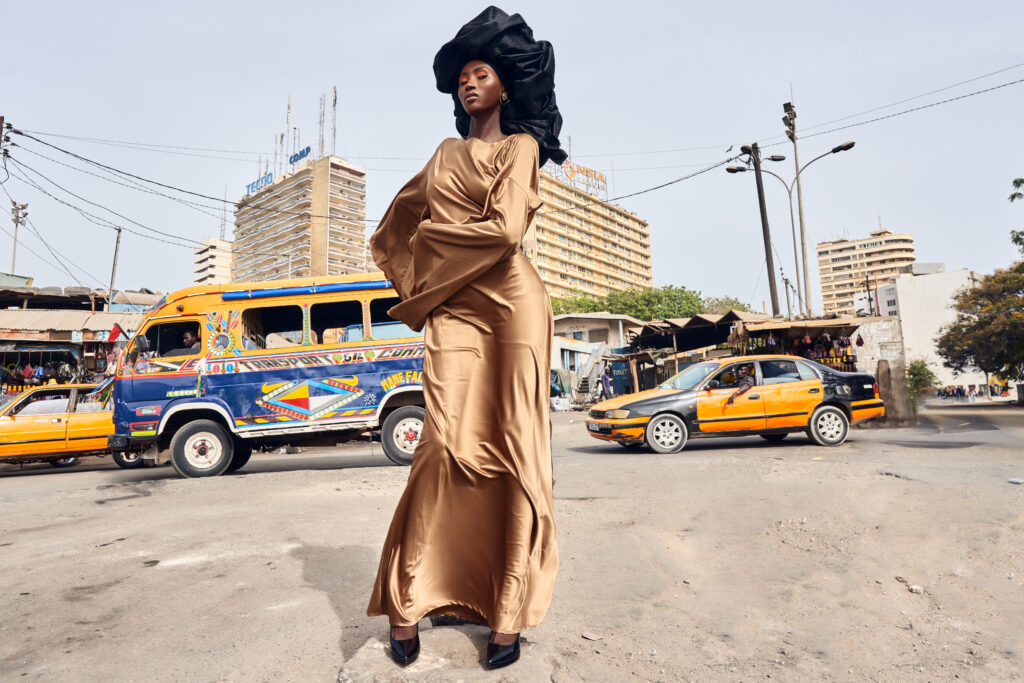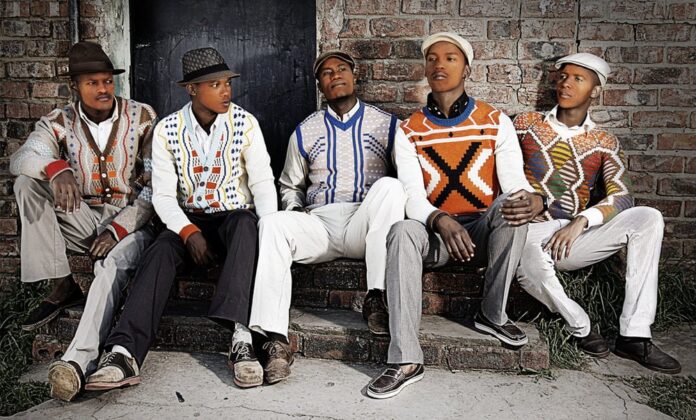In recent years, there has been a noticeable shift in the world of fashion towards embracing Afrocentric styles and influences. This cultural revolution has brought about a renaissance of vibrant colors, bold patterns, and unique designs that celebrate the rich heritage and traditions of African cultures.
From the runways of Paris to the streets of New York City, Afrocentric fashion has been making a bold statement and challenging traditional norms in the industry.
This movement is not only about clothing, but also embodies a sense of pride, empowerment, and self-expression for individuals who are looking to connect with their roots and showcase their identity through their fashion choices.
As more and more designers and consumers alike embrace Afrocentric fashion, it has become a powerful force driving change and diversity within the industry.
Introduction to Afrocentric Fashion

Welcome to the fascinating world of Afrocentric fashion, a dynamic and vibrant style that celebrates the beauty and diversity of African cultures. From bold and colorful prints to intricate beadwork and traditional fabrics, Afrocentric fashion is a reflection of rich cultural heritage and a powerful form of self-expression.
This unique fashion trend has been gaining popularity in recent years, not only on the runways of major fashion shows but also in everyday street style.
Embracing African clothing, shirts, hats, leggings, and hoodies in Afrocentric fashion is more than just wearing stylish garments—it is a celebration of identity, history, and creativity. Join us as we explore the roots and evolution of Afrocentric fashion, and discover how this cultural revolution is reshaping the world of fashion.
History of Afrocentric Fashion

The history of Afrocentric fashion is a rich tapestry woven with influences from various African cultures throughout the centuries. From traditional tribal garments to modern interpretations on the runway, Afrocentric fashion has always been a celebration of heritage, identity, and empowerment.
Dating back to ancient civilizations such as the Kemet Empire, African clothing has always been characterized by vibrant colors, intricate patterns, and symbolic motifs.
Over time, Afrocentric fashion has evolved and adapted to reflect the changing times and influences of the diaspora. Today, the rise of Afrocentric fashion represents a cultural revolution that embraces diversity, inclusivity, and a bold celebration of African aesthetics on a global scale.
Cultural Influences in Afrocentric Fashion

The emergence of Afrocentric fashion has been a powerful cultural revolution, unapologetically celebrating the rich history and heritage of the African diaspora through clothing and style. Influenced by the vibrant colors, patterns, and traditional garments of various African cultures, Afrocentric fashion has rapidly gained popularity in mainstream fashion, challenging Eurocentric norms and stereotypes.
From bold prints and statement accessories to intricate beadwork and headwraps, Afrocentric fashion reflects a sense of pride, identity, and resistance, embodying a powerful form of cultural expression. By embracing and incorporating these cultural influences into their designs, fashion designers and enthusiasts alike are reshaping the industry and creating a more diverse and inclusive narrative.
Conclusion

In conclusion, the rise of Afrocentric fashion represents a cultural revolution that celebrates the rich heritage and diversity of African cultures. From traditional African clothing to modern interpretations like shirts, hats, leggings, and hoodies, this movement highlights the beauty and creativity of African-inspired designs.
By embracing Afrocentric fashion, individuals are not only making a style statement but also paying homage to the resilience and ingenuity of African communities. As this trend continues to gain momentum, it is clear that Afrocentric fashion is more than just clothing – it is a powerful expression of identity and pride.











